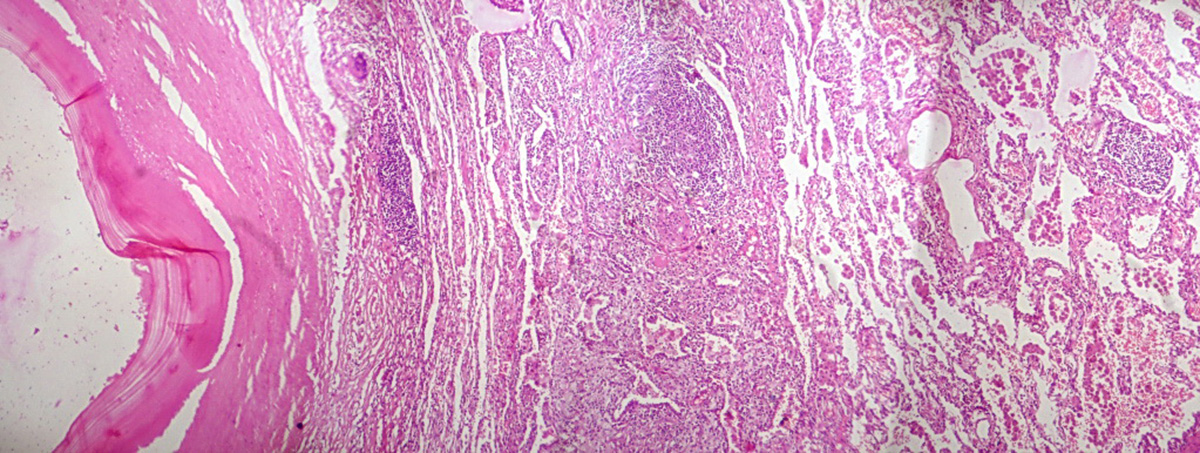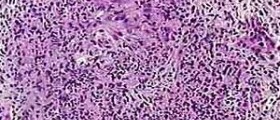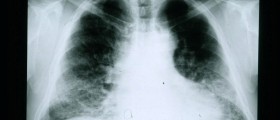
Hemoptysis is a medical term that refers to coughing up blood or sputum mixed with blood. This is a symptom of many lung conditions and it generally points to the severity of the problem. Hemoptysis is also associated with certain illnesses of the throat and can be related to certain heart conditions.
Blood in sputum may originate from the lungs, the throat or mouth. But if it is associated with cough it is highly likely it originates from the lungs. The blood in sputum may be bright red or pink, the very sputum may be foamy and mixed with blood and in severe cases the patients may cough up fresh blood. No matter what the underlying cause is, the presence of the blood in sputum is a serious symptom and must not be neglected. Patients are due to report the problem to their health care providers as soon as possible.
Causes of Hemoptysis
Hemoptysis is generally classified as mild or massive. The amount of expelled blood determines each of these two types. In massive hemoptysis patients lose large amount of blood. If blood remains in the lungs it may cause lack of oxygen and asphyxiation. This is why massive hemoptysis represents a medical emergency. On the other side, mild hemoptysis features with small amounts of blood which are usually mixed with sputum.
There are many illnesses associated with hemoptysis. Most of them are lung-related and include bronchitis, pneumonia, tuberculosis, pulmonary embolism, lung abscess, aspergillosis, bronchiectasis and pneumonic plague. Unfortunately, hemoptysis is also a sign of bronchoulmonary carcinoma.
Furthermore, certain heart conditions are associated with the presence of blood in sputum. For example, hemoptysis is a characteristic of congestive heart failure and mitral stenosis.
And finally, trauma or injuries of the chest may cause hemoptysis.
Diagnosis and Treatment for Hemoptysis
It is essential to identify the underlying cause of hemoptysis since only this way the treatment will be suitable and effective. It may be difficult to establish whether the blood originates from the lungs, upper respiratory tract or gastrointestinal tract.
Fortunately, if the blood in sputum is caused by infections the problem is not so serious and after a treatment with antibiotics there are no consequences. More demanding and serious treatment is required if the blood in sputum originates from lung tumors or is associated with heart conditions. Even advanced tuberculosis requires more complex treatment.
Massive hemoptysis is a life threatening condition and requires prompt hospitalization. The goal is to locate the exact spot of bleeding. Once the exact location is determined there are several techniques which will stop the bleeding. They include surgical resection, bronchial artery embolization, bronchoscopic laser therapy etc.

















Your thoughts on this
Loading...